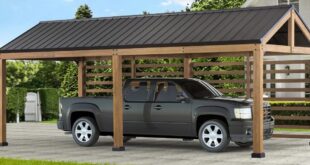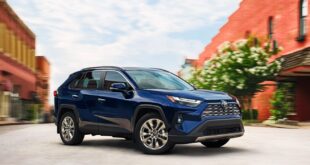-
Colorado Governor Jared Polis signed HB25-1281 into law today, making it official that the state’s inhabitants can register and operate kei cars starting in 2027.
-
Kei cars, which are compact four-wheeled vehicles originating from Japan, may be imported into the U.S. once they reach at least 25 years old according to the import regulation.
-
Until now, Colorado lacked kei-specific regulations, creating a bit of a gray area for owners.
CLARIFICATION 5/9/25 10:45 p.m. ET:
The narrative has been revised to indicate that the legislation will not become effective until July 1, 2027.
Another win for the underdogs! Today, Colorado Governor Jared Polis signed into law
HB25-1281
, which will officially recognize kei vehicles as road-legal in the state and put in place the necessary framework for their titling, registration, and use. However, the law won’t go into effect until July 1, 2027.
For the uninitiated, kei is short for
kei-jidōsha
, a Japanese term that means “light vehicle.” Regulations set by Japanese authorities restrict kei cars, trucks, and vans regarding their engine capacity and power output, along with their external measurements like length, width, and height; however, these limits have been adjusted over time. Since these compact vehicles were not originally imported into the U.S., they can enter the country solely through the 25-year import regulation, permitting vehicles equipped with unsafe or polluting components to bypass restrictions once they surpass twenty-five years of age. Well-known instances encompass the Honda Acty pick-up truck and van models, the Suzuki Cappuccino, and others.
Autozam AZ-1
.
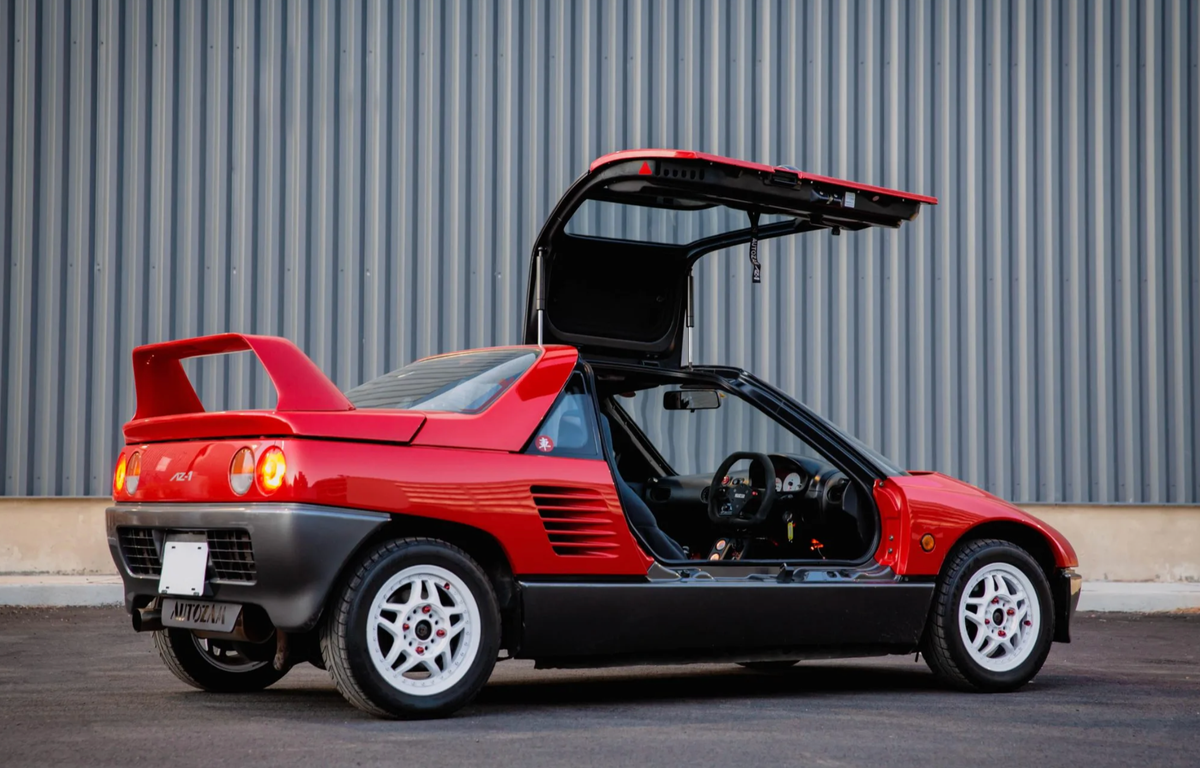
The updated legislation includes certain conditions. Kei cars are not permitted on roadways where the speed limit exceeds 55 mph. This makes sense because these small-engine vehicles struggle to keep up with higher speeds on level surfaces, and even more so when climbing grades at elevation along routes like I-70.
The legislation also outlines the approach for emissions testing of kei vehicles; rather than undergoing a dynamometer test, these vehicles will be evaluated using a static two-speed idle test, a method typically employed by the state’s emissions authority.
vehicles from 1981 and earlier models
.
The legislation similarly acknowledges kei cars as motor vehicles under the Uniform Motor Vehicle Law and the Certificate of Title Act. The bill garnered support from members of both parties in each legislative chamber. However, several concerns remain that could help narrow the growing divide within our governing bodies.
When asked by us about his message for other states that hadn’t jumped onboard yet, Governor Polis stated, “I hope they decide to join the club. In Colorado, we’re thrilled because this allows Coloradans more options when choosing vehicles to reach their destinations. I’d also like to urge other states to follow suit.”
From Semi-Official to Fully Official
Colorado has experienced a fluctuating stance regarding kei legality lately. Up until now, there haven’t been any specific regulations concerning keis enacted into law.
rule proposed
In 2024, the state’s Division of Motor Vehicles proposed a complete prohibition which might have also stopped the registration of various “unconventional” vehicle categories; however, this decision was reversed. The DMV contended that such a measure was redundant since they believed kei vehicles were already unlawful.
This regulation received support from lobbyists associated with an organization known as the American Association of Motor Vehicle Administrators and aimed to permit the state to defer to AAMVA recommendations for determining which vehicles could be registered. The AAMVA is similarly advocating for similar restrictions on kei vehicles in various other states such as Georgia, Maine, Massachusetts, and Rhode Island.
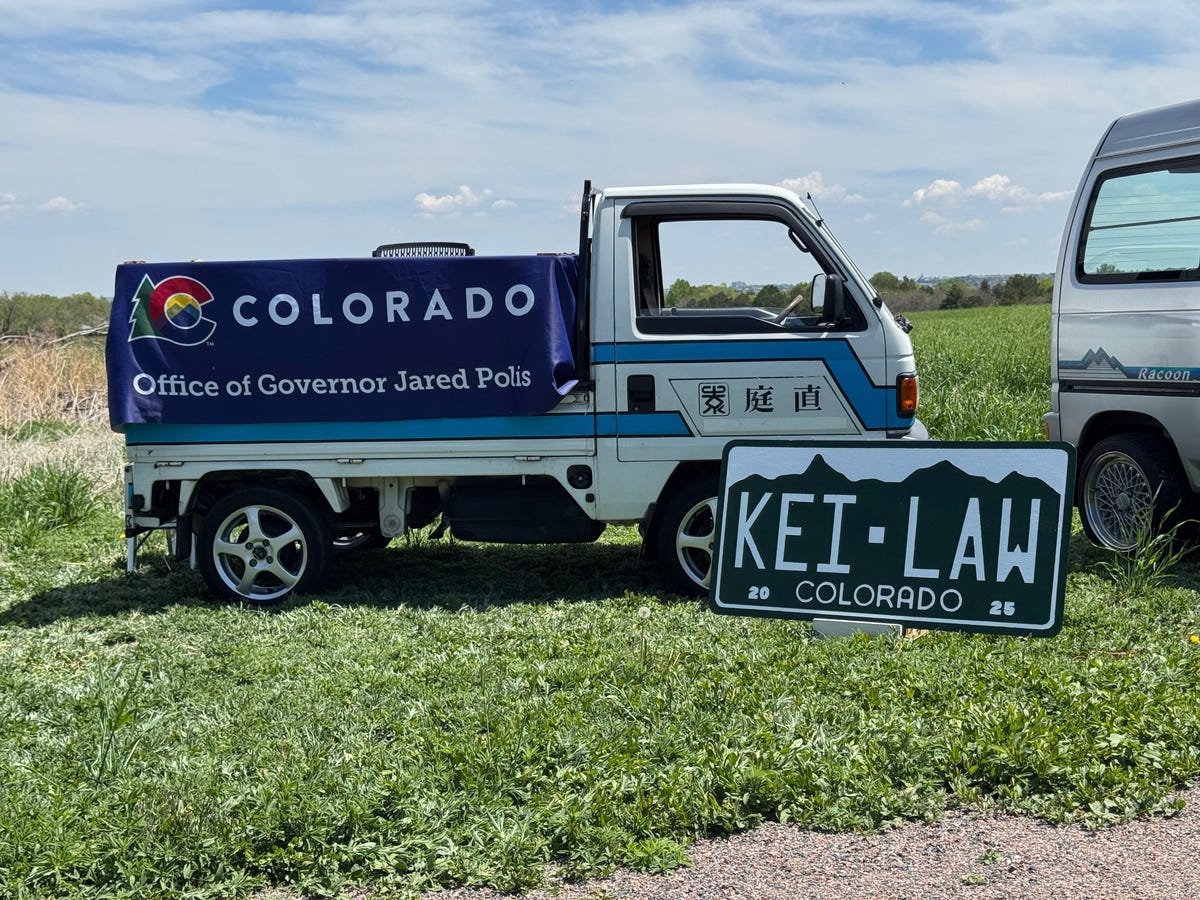
AAMVA’s argument is that kei vehicles are intended for off-road use only. It also appears to conflate kei vehicles with mini-trucks, some of which are intended only for off-road use. But not all keis are trucks, and even the little JDM pickups are legal for on-road use in their homeland.
For individuals who have attempted to register KEIs in the state, the primary obstacle has been the emissions testing requirement, which is mandated here.
certain counties
, most of them in the Front Range, where much of the state’s residents (and their emitting vehicles) are located. Unfortunately, some would-be kei drivers learned of this too late; it was possible to get a temporary plate for a kei vehicle, but without passing the emissions exam, these owners couldn’t get their mini automobile registered. Tales of palm-greasing and dubious registration tactics abound on Reddit. In counties that don’t require emissions testing as part of the vehicle registration process, this was a non-issue.
Where Keis are Okay
Colorado will become the 30th state to permit kei vehicles on public roadways. These states include: Alabama, Arizona, Arkansas, California, Florida, Idaho, Illinois, Indiana, Kansas, Kentucky, Louisiana, Maine, Massachusetts, Mississippi, Missouri, Nebraska, New Hampshire, North Carolina, North Dakota, Ohio, Oklahoma, South Carolina, South Dakota, Tennessee, Texas, Utah, Washington, Wisconsin, and Wyoming.
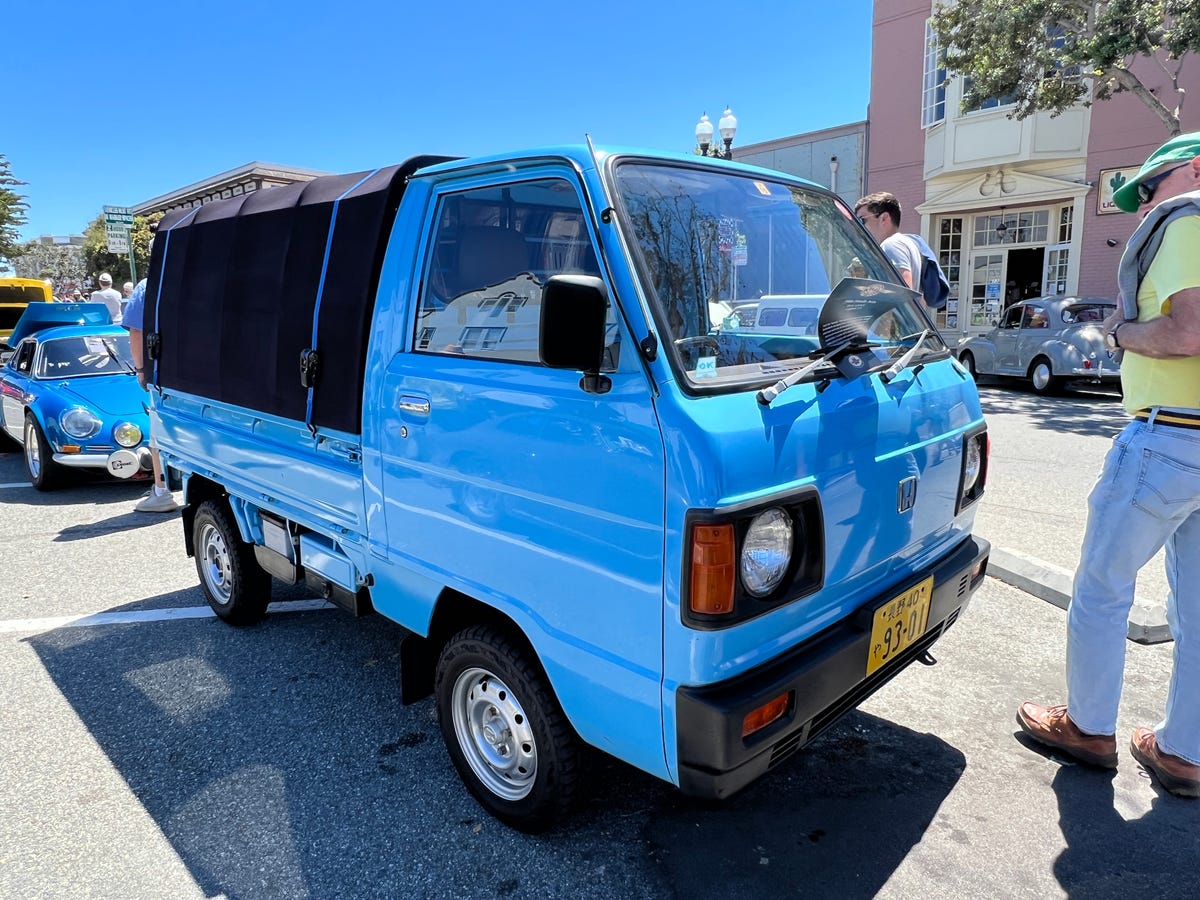
Similar to Colorado, certain areas impose limitations on the routes that kei vehicles can take based on speed limits, often restricting them to streets with maximum speeds of 25 miles per hour or lower. Even when these small cars are legally permitted, they might still face extra requirements for registration or have specific driving constraints depending on local regulations. Therefore, make sure you thoroughly research everything before finalizing a purchase from an online auction. For instance, in New Hampshire, a kei car is restricted to traveling within a 25-mile radius around the owner’s home and must stick to roads with a top speed of 35 mph or below.
Multiple states such as Michigan, Minnesota, Montana, New York, Pennsylvania, Rhode Island, Virginia, and West Virginia have regulations concerning these vehicles, often limiting their usage strictly to farms or agriculture-related activities. In New York, they must adhere to all relevant Federal Motor Vehicle Safety Standards along with meeting stringent emission norms, necessitating costly modifications that make importing them economically unviable; typically, one could acquire such vehicles at a price point ranging from thousands of dollars. Meanwhile, Rhode Island has begun enforcing stricter rules regarding the registration of kei trucks even before new laws come into effect.
Alaska, Delaware, and Hawaii, along with Washington, D.C., do not have any specific regulations for kei vehicles. In contrast, registering such vehicles is expressly forbidden in Connecticut, Georgia, Iowa, Maryland, Nevada, New Jersey, New Mexico, Oregon, and Vermont.
Interested in buying a car? Discover your perfect match on the MSN Autos Marketplace.
